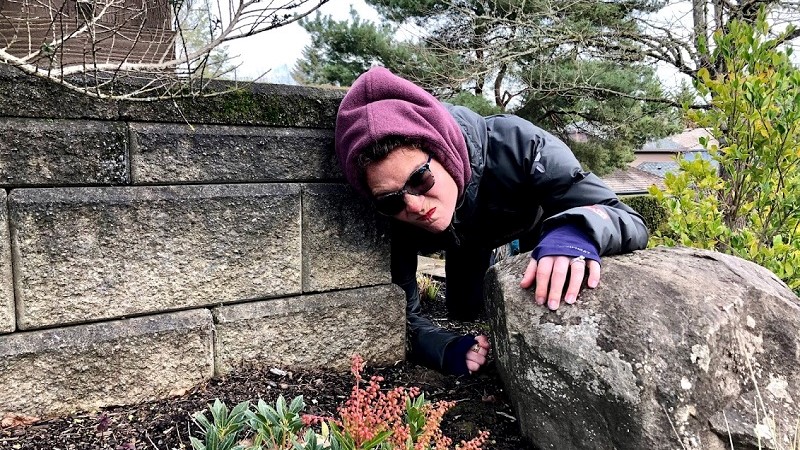One of the moments I try to be so careful of as a rabbi is getting in the middle of a debate between two partners, or between parents and their children. When families used to stop by my office on their way out, I always made sure the parents gave permission before I offered snacks to students. Or when someone comes to me seeking validation in an argument, I also try to understand the bigger picture so I don’t end up in an uncomfortable position. There’s an often used phrase, “between a rock and a hard place,” describing a choice no one really wants to make or one that has negative consequences no matter how you look at it. Think about all the decisions you’ve had to make when you knew either option had potentially challenging outcomes.

This week we read from Parshat Bo. Parshat Bo details the Exodus from Egypt. In this week’s Torah portion the Israelites are steps away from freedom, but Pharaoh refuses again to allow the Israelites to leave, and each of the three refusals brings with it one of the three final plagues. The narrative continues with the procedures for leaving Egypt, including putting the lamb’s blood on the doorpost, packing up, and recreating these events by celebrating Passover in future generations.
As you might recall from the text, the tenth and last plague is the most severe. Chapter 11, verse 5 teaches that in the plague of the killing of the firstborn, it was the firstborn of all Egyptians, from the firstborn of Pharaoh to the firstborn of the poor Egyptians working the millstones to even the firstborn of the cattle. This plague makes no distinction between ruling class and slave class, or even animals.
So why such a broad approach? One commentary reminds us that there were Egyptian slaves too, and the Israelites were slaves alongside the Egyptian slaves. Moses stood up for those who he saw being hurt or displaced, but we have no record of an Egyptian slave (other than the midwives) making any sort of prolonged protest against the treatment of the Israelites. This, perhaps, is why the plague does not distinguish them from anyone else in the community. No Egyptian, leader or slave, took action to stand up for the oppressed. Thus, their punishment was the same as those who were doing the oppressing.
What made Moses different? Given the choice between difficult things, Moses chose the more difficult one. We’ve all been given choices that leave us trying to decide between the best of the worst options. However, the Torah this week reminds us that our job is to think beyond ourselves, and sometimes the “hard place” for us is the place of freedom for generations to come.



